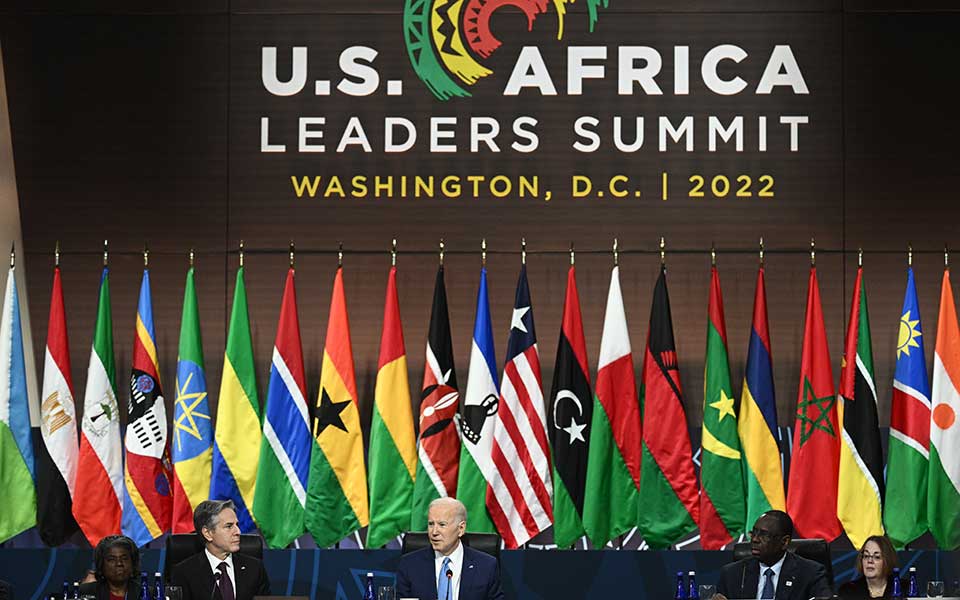
It was almost a year ago when Joe Biden promised everyone at the U.S.-Africa Leaders Summit that he would visit the continent in 2023. Now, with just two weeks left before the Christmas holiday, the president’s pledge is looking increasingly uncertain.
Although the White House is certainly capable of mobilizing a last-minute intercontinental excursion, it’s unlikely something like that would happen, especially now that governments across Africa are also starting to wind down before the holidays.
Also, right around this same time last year, you’ll recall that U.S. Secretary of State Antony Blinken together with his counterparts from Zambia and the DR Congo signed an MOU to develop an “electric vehicle value chain.”
Here we are a year later and that MOU never evolved into an actual contract, despite Washington’s best efforts to get all of the stakeholders aligned.
And then there was that $55 billion pledge that the administration said it would commit to Africa over the next three years – which sounds exciting, except for the fact that almost all of that money had already been budgeted for the continent. So, in the end, it didn’t really produce any new outcomes.
This pattern of the U.S. continually making big promises and pledges that it doesn’t keep, for whatever reason, doesn’t come as a huge surprise to many African policymakers who are quite sober about their low standing in Washington, especially now that the U.S. is consumed with two wars and an upcoming presidential election.
But President Biden and his team should also be equally cognisant of the reality that African leaders aren’t sitting by the phone waiting for the White House to call.
While that EV value chain MOU never got off the ground, Chinese mining companies have built millions of dollars worth of new battery metal processing facilities in Zimbabwe, Nigeria, and Morocco with more on the way.
Meantime, unlike President Biden, Xi Jinping did visit Africa this year, and whereas the U.S. stripped Uganda, Ethiopia, and Cameroon of their AGOA trading privileges in recent years, Beijing announced this week that it would eliminate tariffs on 98% of imports from six African countries.
While all of this is happening, African and Chinese negotiators are now meeting in Beijing to plan next year’s triennial Forum on China-Africa Cooperation (FOCAC) gathering where massive new investments in telecommunications, green energy, and supply chain logistics will likely be unveiled in line with the BRI’s new priorities.
The bottom line here for U.S. officials is if they genuinely want to compete with the Chinese in Africa, then they’re going to have to do a better job at making promises they can actually keep.






